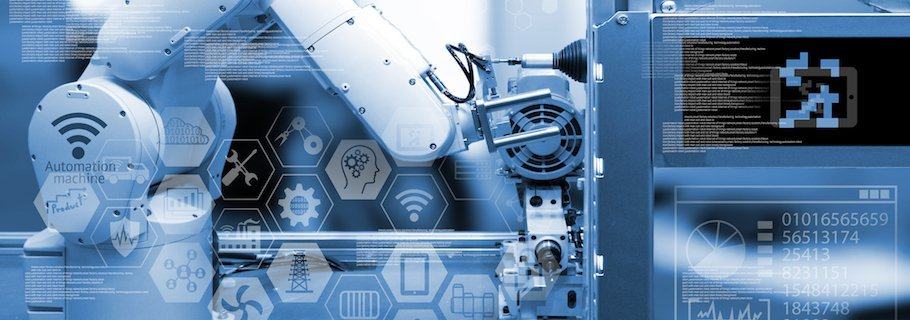Musician David Byrne recently advanced an interesting theory about humanity and technology. The overarching agenda of technology, he believes, is intended to eliminate human interaction. The displacement of human beings by modern technology has become so obvious and so widespread that he has been forced to conclude it is more than an unintentional byproduct of increased automation. “What much of this technology seems to have in common is that it removes the need to deal with humans directly. The tech doesn’t claim or acknowledge this as its primary goal, but it seems to often be the consequence. I’m sort of thinking maybe it is the primary goal.”
Byrne’s theory sounds a mite conspiratorial, and he admits as much, but then he begins to list ways in which modern technology has displaced human interaction. As that list goes on and on it begins to prove his point: Airbnb takes away the hotel check-in desk; digital music gets rid of the music store and even the human curation of playlists; driverless cars are meant to negate taxi and bus drivers and our brief interactions with them; automated checkouts remove the cashier; video gaming against the AI replaces board games against human beings. To his list we could add bank machines replacing bankers, digital personal assistants replacing human administrative assistants, pornography replacing flesh and blood sexual partners, and many more.
Why has technology trended in this direction? There are a number of reasons: Humans are increasingly seen as inefficient compared to machines; there are cost savings that come with automation; automation promises increased convenience and greater leisure. And maybe, just maybe, engineers and developers are uneasy with human interaction and creating a world they are comfortable living in.
Whether or not Byrne is right in his theory, he is certainly correct in his observations that today’s cutting-edge technologies are increasingly limiting and eliminating human interaction. In fact, this is a trend that has been slowly unfolding since the Industrial Revolution and one that is now increasing through digitization. I am convinced that many of his concerns are legitimate and that we, as Christians, should keep them in mind. However, many of these trends are going to unfold around us whether we like it or not and to some degree we will have to go along with them. My bank does not even offer tellers anymore—it’s a machine or nothing!
Yet in the midst of all of this change, we believers have one incredible opportunity where we must not allow technology to eliminate human interaction—the local church. The local church is central to God’s plan for his people. It is and must remain a flesh and blood reality that is all about human interaction. It is here that real people gather together and do so with all the diversity that God himself has created. It is here that we sing together in the presence of musicians who have deliberately chosen songs fitting for the occasion. It is here that a man who has pored over the Bible to prepare a fresh message delivers it in the presence of his congregation. It is here that we fellowship together, partaking of the bread and wine. It is here that we gather in much the same way that Christians have gathered for centuries to worship and serve our God. There is nothing automated about it. It is deeply personal, deeply interactive, deeply real.
In a world of impersonal automation, we form communities of real presence.
In a world of impersonal automation, we form communities of real presence. In a world that is eliminating so many forms of human interaction, we promote it, embrace it, and invite others to experience it. The more technology continues down this path, the more the church will stand out in beautiful, living contrast.










